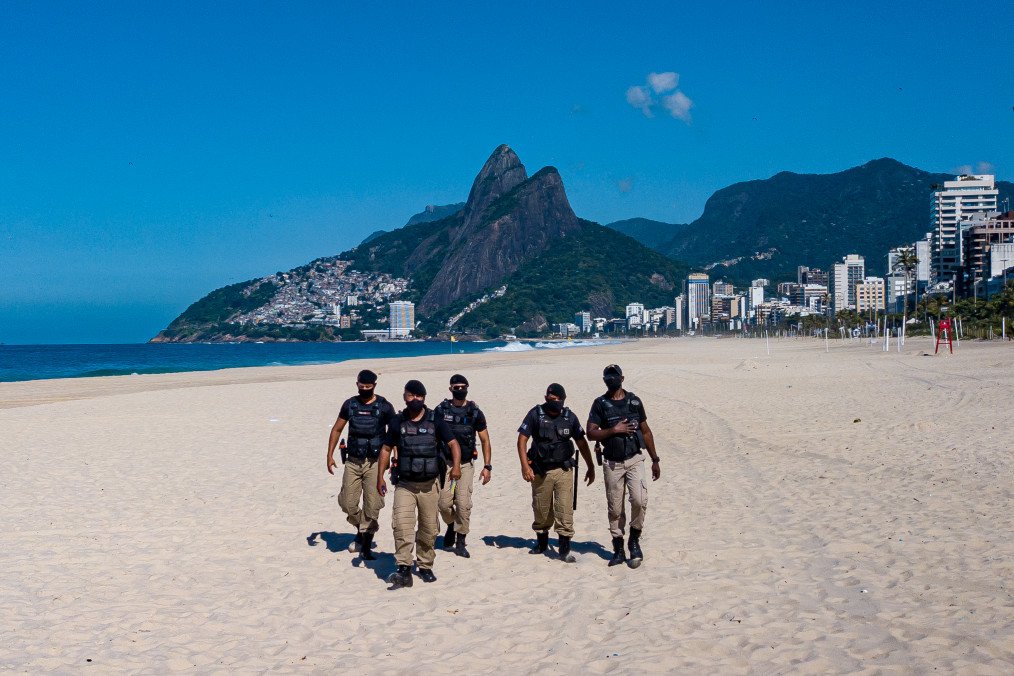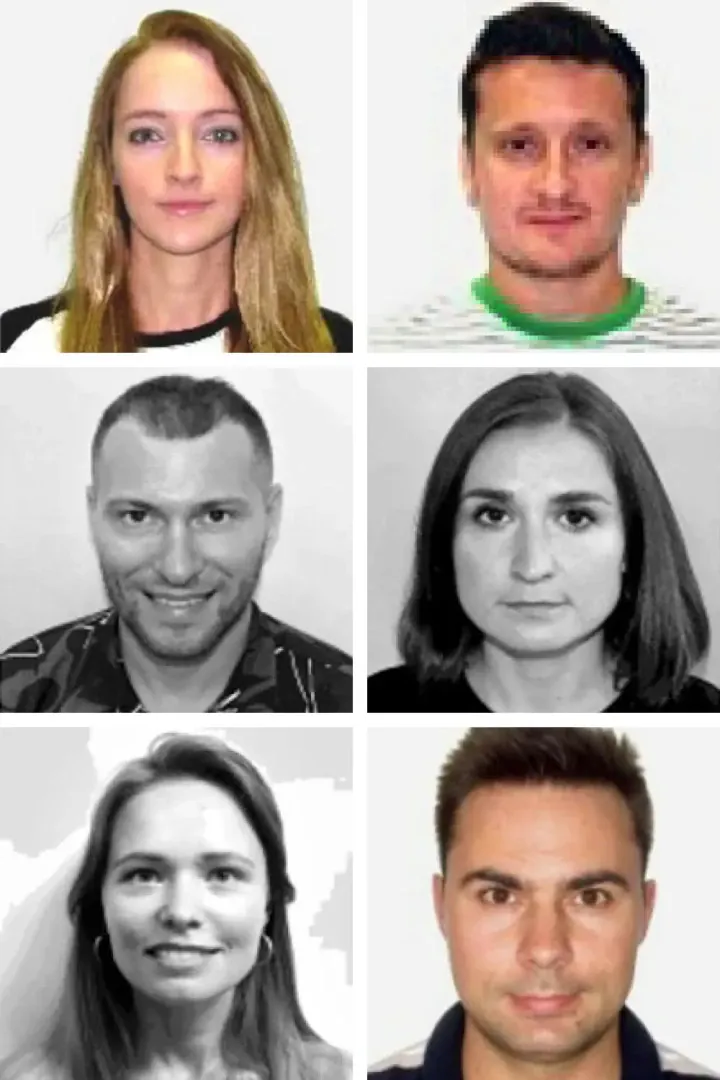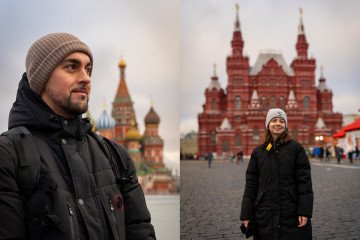- Category
- Latest news
How Russian Spies Used Brazil as a Launchpad for International Espionage, NYT Reveals

On May 21, The New York Times published an investigation revealing that a group of Russian spies lived in Brazil for years, creating fake identities to conduct espionage activities in other countries on behalf of the Kremlin.
According to the report, Brazil served as a “starting point” where these spies legally obtained documents, built networks, and perfected their cover stories. After establishing themselves, they moved on to the United States, Europe, or Middle Eastern countries to carry out operations.
Shortly after Russia’s full-scale invasion of Ukraine began in early 2022, the CIA alerted Brazilian authorities about a suspected Russian spy traveling under the name Victor Muller Ferreira, who attempted to enter the Netherlands for training at the International Criminal Court in The Hague. Dutch border officials denied him entry, and he returned to São Paulo, where Brazilian police arrested him on suspicion of document forgery.
-8cd010ed818e225d41d7979aed11b6bd.jpg)
However, upon investigation, authorities found that the documents used by the spy were genuine. His real name was identified as Cherkasov. He obtained a Brazilian birth certificate through a loophole intended for rural residents, which allows anyone who can prove at least one Brazilian parent’s citizenship—supported by two witnesses—to receive official documentation. This birth certificate enabled Cherkasov to get a Brazilian passport and other essential papers.
Further police inquiries uncovered multiple Brazilians who possessed authentic birth certificates but had little to no background information until adulthood, raising suspicions. As a result, nine spies operating under Brazilian cover were identified.
The New York Times highlighted the case of Artem Shmyrev, who lived in Brazil under the alias Gerhard Daniel Campos-Vittich and ran a 3D printing business in Rio de Janeiro. Colleagues described him as a dedicated worker who genuinely cared about the company. However, Shmyrev was, in fact, a Russian spy dissatisfied with his work and life, as revealed through correspondence with his real wife, Irina, who was also a Russian agent living undercover in Greece.

Several other spies named in the investigation — including Ekaterina Danilova, Vladimir Danilov, Olga Tyutereva, Alexander Utehin, Irina Antonova, and Roman Koval — also evaded arrest. Only Cherkasov received a prison sentence in Brazil for document forgery. Another suspect, Mikhail Mikushin, who worked as a researcher at a Norwegian university under a Brazilian identity, returned to Russia in 2024 as part of a prisoner exchange.

Brazil has issued Interpol alerts to member countries seeking information on the exposed spies and warning that they are under investigation for document fraud.
Earlier, it was reported that Orlin Roussev, a 47-year-old Bulgarian national living in the UK, was sentenced to 10 years and eight months in prison after pleading guilty to conspiring to commit espionage.



-111f0e5095e02c02446ffed57bfb0ab1.jpeg)


